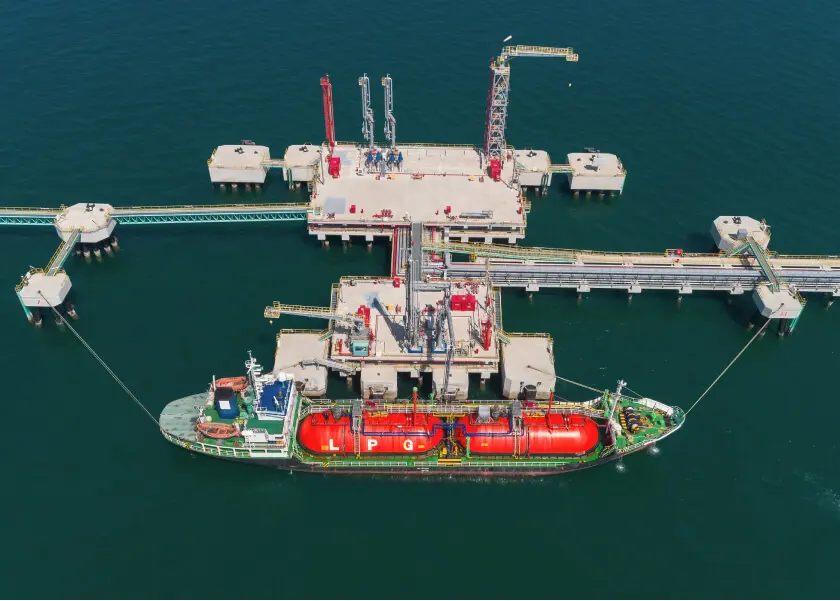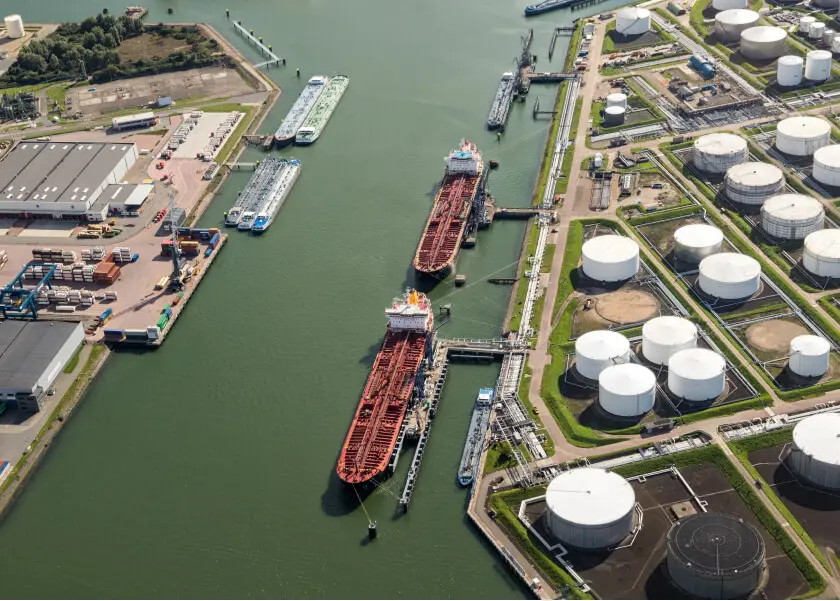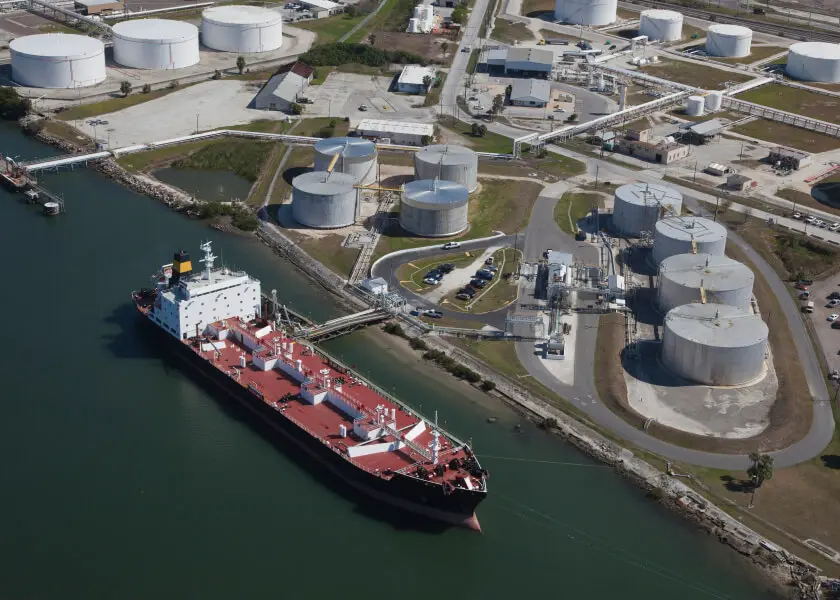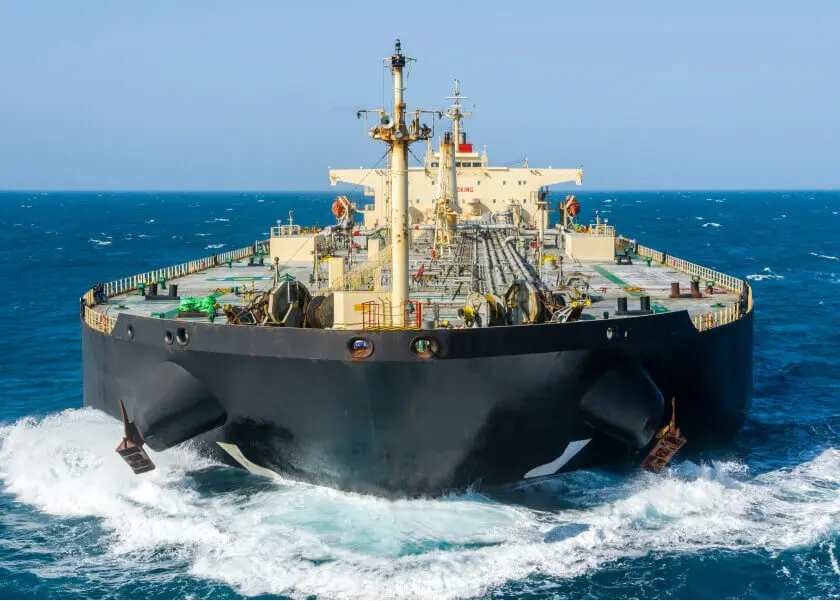LPG is not one gas but instead refers to a group of flammable hydrocarbon gases which are liquefied through pressurisation. LPG can be traded separated into the individual gases or in various ratios which is stored in steel vessels.

LPG can be traded separated into the individual gases or in various ratios which is stored in steel vessels. Different ratios of gas are suitable for different uses: pure butane is used for smaller more portable LPG supplies such as on boats and to power barbeque stoves, while household tanks are more likely to have a majority of propane.
LPG is available for purchase to end users in cylinders or in bulk. After being extracted and refined, LPG is transported to storage terminals before being delivered to cylinder filling plants and intermediate storage areas. The cylinders are transported from the bottling plant by trucks to retailers, private and professional customers while small bulk trucks distribute LPG from the storage centres to various consumers.
The Middle East dominates this market by a significant lead. Saudi Arabia and Qatar hold first and second place for the total number of barrels exported per day. The USA comes third but produces approximately a third of the total LPG exports from Saudi Arabia and Qatar.
Countries in Asia are among the top importers of LNG with Japan importing the most followed by China, India, and Korea. Other countries to import LNG include Turkey, Mexico, France, the Netherlands, and Egypt.



505 Main St East, Milton, ON, Canada